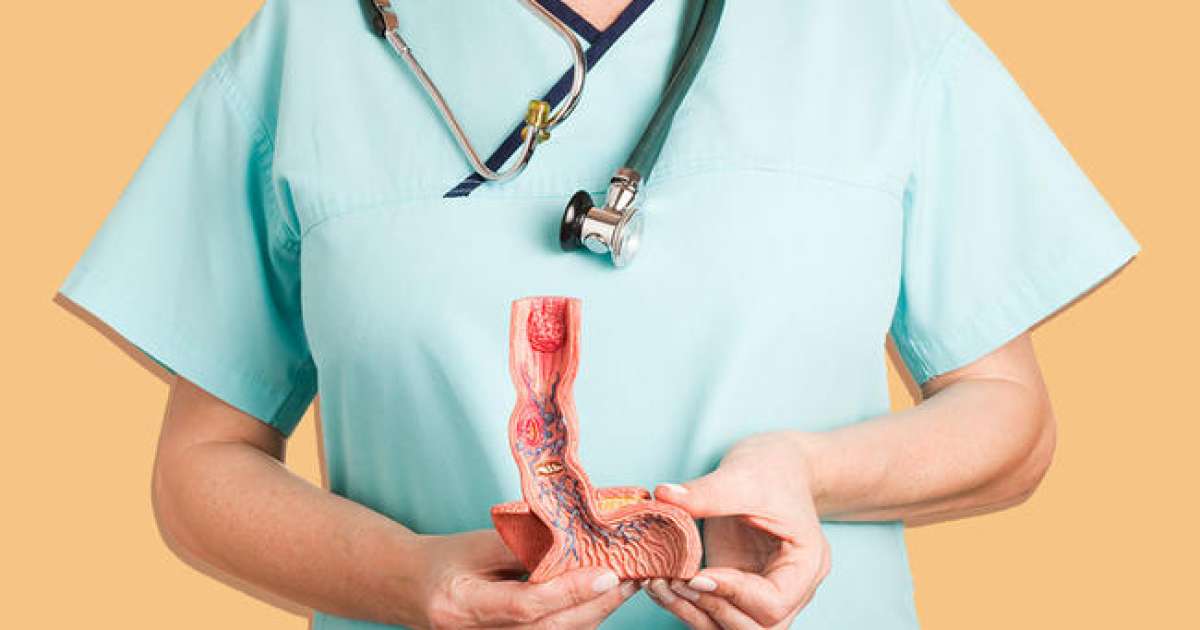Extremely Serious Effects From Not Treating GERD
Esophageal Ulcer

An individual may develop an esophageal ulcer as a complication of untreated gastroesophageal reflux disease. An esophageal ulcer is a painful sore that develops in the lining of the lower esophagus where the stomach meets the esophagus. The esophageal lining is not as protected as the stomach lining from corrosive stomach contents with a significant amount of stomach acid. As a result of this increased vulnerability of the esophageal lining and the mechanism of gastroesophageal reflux disease, there can be considerable erosion to the esophageal lining from recurrent exposure to stomach acid. This erosion forms an ulcer in a patient's esophageal lining. An esophageal ulcer causes patients to experience a persistent burning pain in their chest that worsens when eating certain foods or with a lack of fluid consumption. An esophageal ulcer can make it painful to swallow, cause vomiting, produce a dry cough, and cause the patient to have a sour taste in their mouth.
Uncover more GERD complications now.